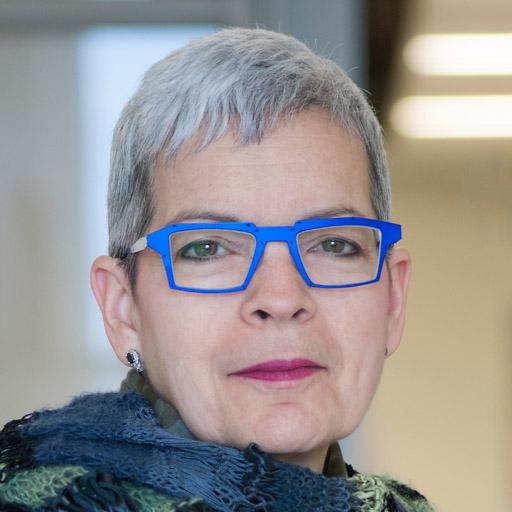Rhona Richman Kenneally
Distinguished Professor Emerita
Department: Design and Computation Arts
Faculty: Fine Arts

| Phone: | (514) 848-2424 ext. 9999 | |
| Email: | ||
| Website(s): |
Design and Computation Arts http://rrk.ca/ http://cdnirish.concordia.ca/ |
Expertise:
Culture of food, food in mid-20th century in Canada and Ireland, Architecture, 'Mindful' eating, food preparation in the home, home as setting for rich/social dining, healthy social
Language(s) spoken:
English
Professional associations:
PhD (Architecture)
Rhona Richman Kenneally is a Distinguished Professor Emerita and former Chair of the Department of Design and Computation Arts, as well as a co-founding professor and Fellow of the School of Irish Studies at Concordia University. She holds a BA in English Literature, an MA in Canadian History and a PhD and professional degree in architecture. She is also the former editor of the Canadian Journal of Irish Studies, and a former co-organizer of a Food Studies Research team under the umbrella of the Centre for Interdisciplinary Studies in Society and Culture.
Her research and publications have brought together the domains of food studies, sustainable design practice, and the architecture and design of the built environment, to explore food-related activities, especially in the home, in mid-twentieth-century Ireland and Canada.
Her most recent project builds on this work to explore matter as a site of creative becomings through human/nonhuman entanglement—specifically, of animal- and plant-based materials, tools, and bodies—by spinning that matter into yarn and creating wearables (by knitting, crocheting, or otherwise knotting the yarn). The objective is to highlight the agency exchanges of each unique confluence of material and making as they evolve over time, so that the yarn and the wearable materially perform, that is, mutually communicate, through their interactions as physical entities, an embodied narrative. Another aim is to build in opportunities for the textiles to reveal their particular properties through their accommodation of or resistance to the body. The various components of this project will address agency, human/nonhuman entanglement, craftivism, waste, migration,folklife, vibrant materiality, and “women’s work.” It is directed toward storytelling that: honours people whose histories have been suppressed or marginalized; can narrate, in empowering ways, the displacement of individuals from the original sites of their narratives, or serve as a way of communicating narratives that is non-normative, non-sexist, anti-hegemonic, and intersectional; and feature histories of things and nonhumans to mitigate the anthropocentricity that often dominates such investigation.